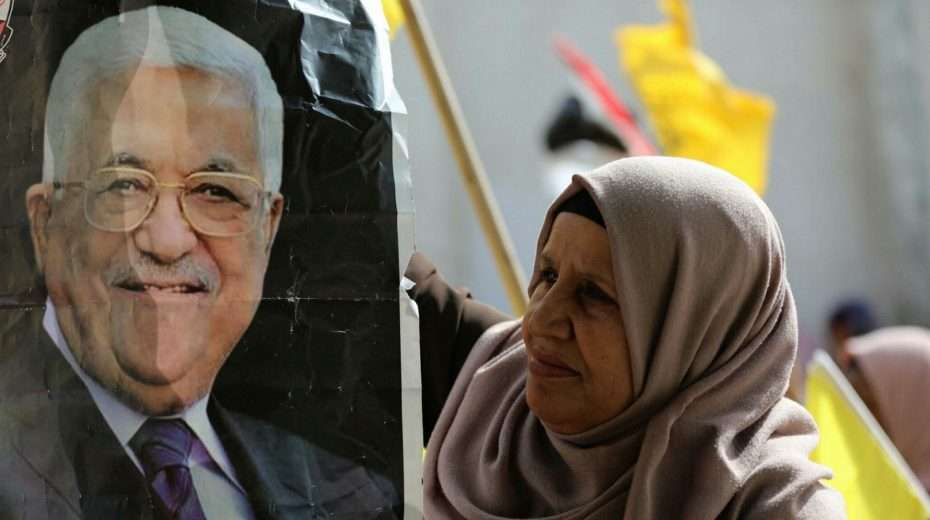(TPS) The dire situation of the disintegrating Palestinian Authority (PA) stems from a variety of reasons that most researchers, Israelis, Palestinians, and others point to.
Among the main reasons:
- The internal conflicts in the Fatah party, its three main political camps and dozens of groups, which split on political grounds;
- The strengthening of Hamas’ power also on the Arab political level, and certainly the establishment of the “Hamas Emirate” in the Gaza Strip; and
- The countless corruption scandals that have made the PA obscene to its residents, who claim in polls that the PA has become a burden on the people.
Furthermore, the fact that the PA presidency and the PA parliament have not been elected in years is severely eroding the legitimacy of PA head Mahmoud Abbas’ continued rule and so is the ongoing economic crisis and the fact that the PA is unable to finance itself.
See related: Biden Clings to 2-State Solution, Even as Palestinian Authority Burns
All of these raise questions about its future and, moreover, indicate the lack of public legitimacy for Abbas’ “Oslo regime,” especially among a new generation of young people who oppose the agreements with Israel.
The strengthening of the opposition’s narrative and the denial of the existence of the State of Israel, which stand in opposition to the PLO’s political line, weaken it from the inside, as does Hamas’ claim to integrate into the PLO, the organization that signed the Oslo Accords, a claim that raises questions about the nature of the PA in the years to come.
The 2007 revolution initiated by Hamas in Gaza is a defining event that is responsible for its political, political, and social situation.
Similarly, Iran’s growing involvement in the Palestinian arena, especially in the Gaza Strip, and the official joining of Hamas to the extreme “Jerusalem Axis” are among the most important developments in Israeli-Palestinian relations and will affect the future of the conflict.
Most researchers point to all of these when they summarize the reasons for the dismal state of the PA.
Of course, one must add to the long list the fact of the “lack of a diplomatic horizon,” which according to the senior officials of the PA, is the main accelerator of the dismal situation in which the PA finds itself.
However, the accumulation of all the reasons mentioned should raise the question of whether, given a diplomatic horizon, now, the Palestinian Authority will recover and in the coming years become a “sustainable partner” for the realization of the two-state idea.
See: True Peace Means the End of the Palestinian Authority
And this is even before we try to assess whether a permanent agreement is possible that will include the “end of the conflict” component, which means, among other things, giving up the so-called right of return and the Palestinian acceptance of the idea of two states for both peoples, as one that guarantees that the State of Israel is the nation-state of the Jewish people.
Therefore, one should now ask what is the weight of the diplomatic horizon issue in the medical diagnosis sheet for the PA’s condition and whether it is a collection of internal diseases that are already terminal, which will lead to the death of the sick PA even if it recovers from the “diplomatic horizon disease.”














